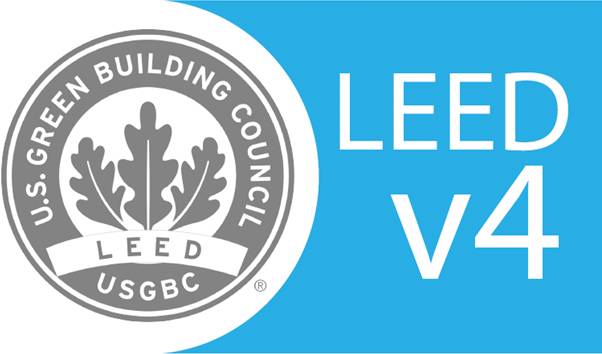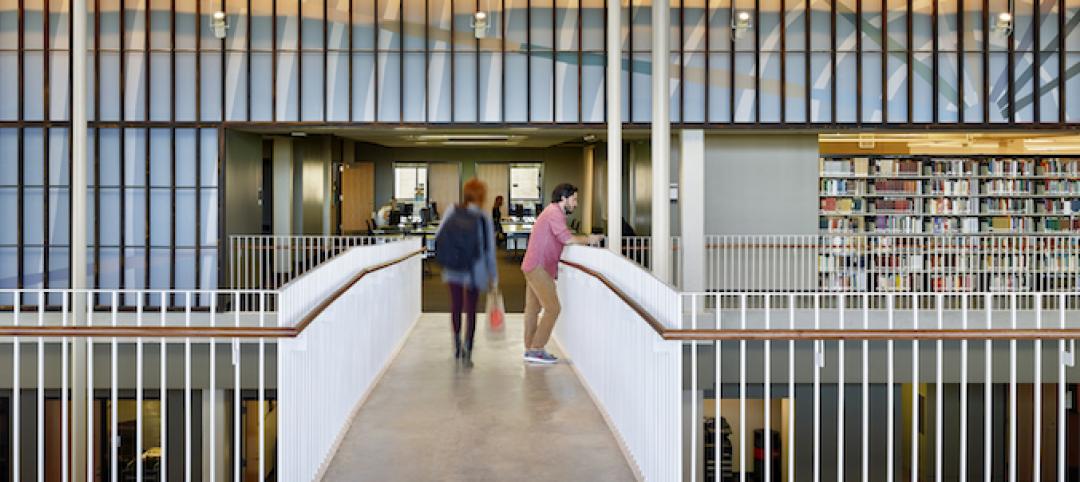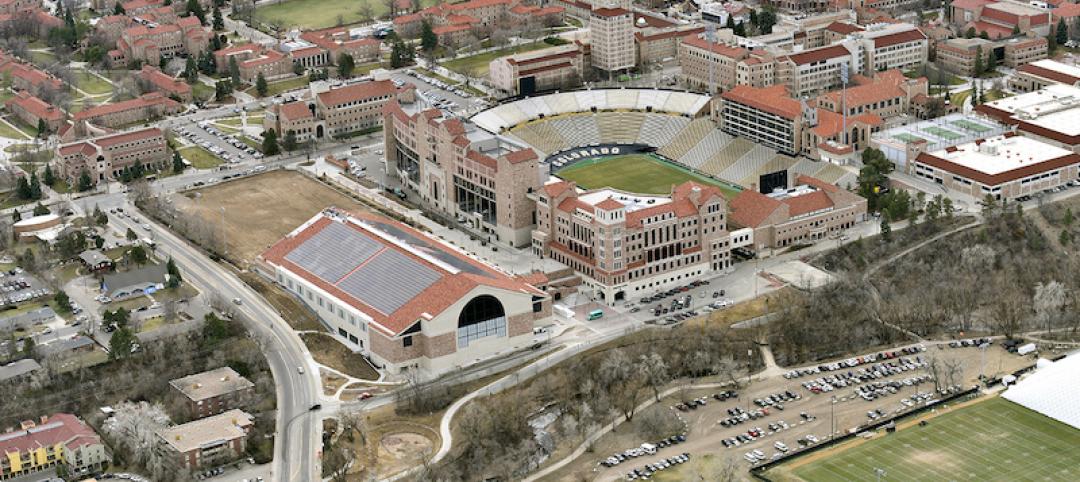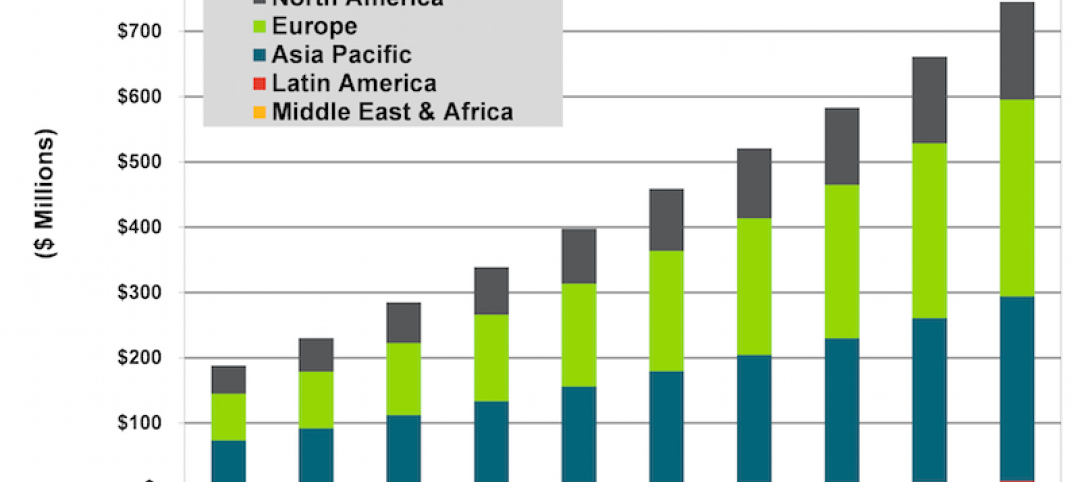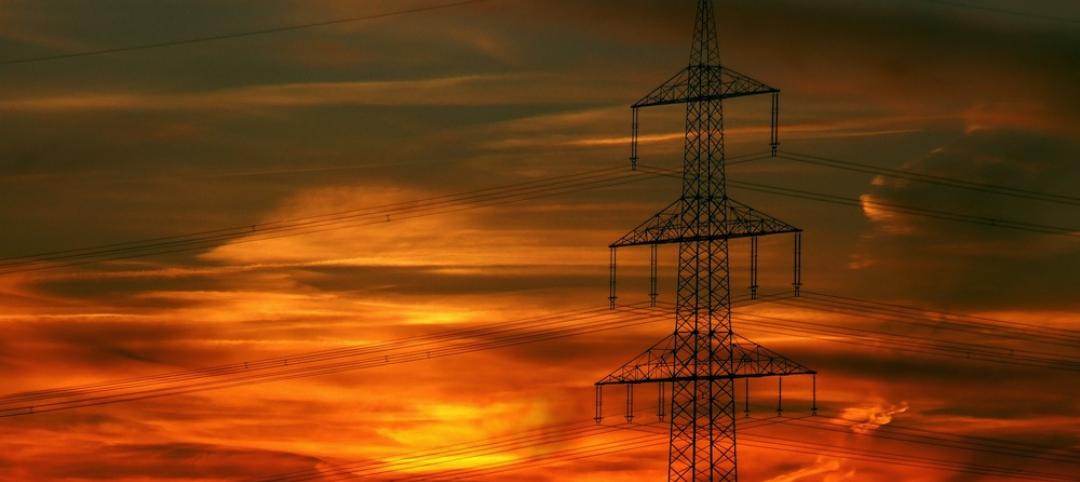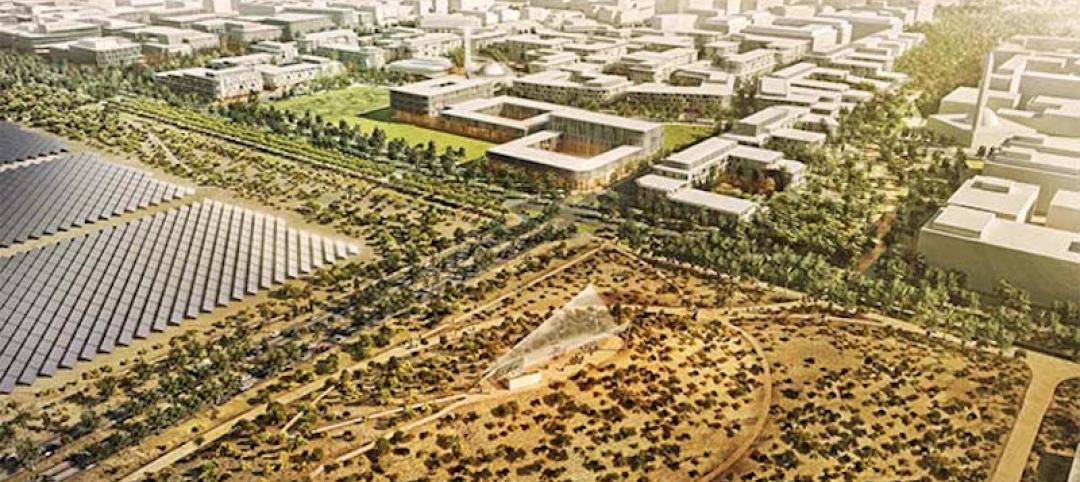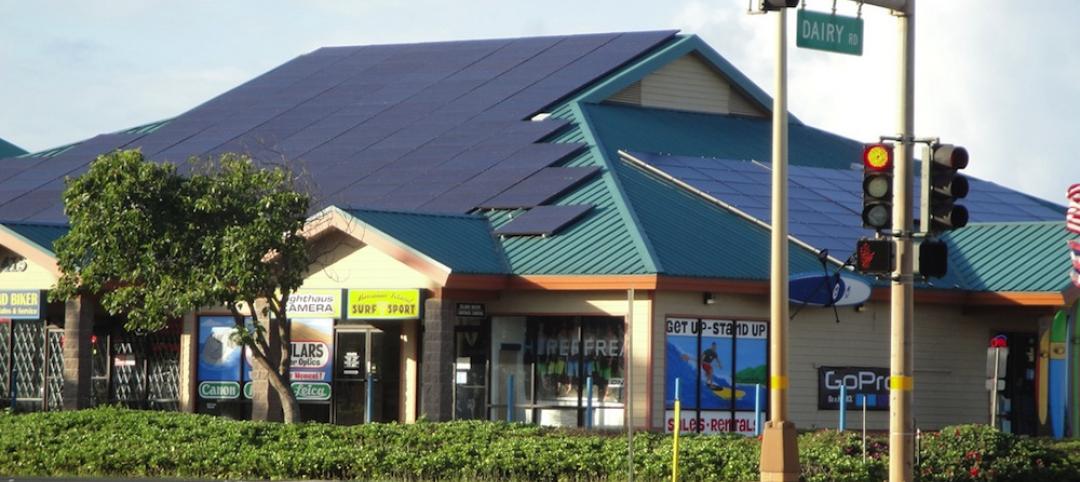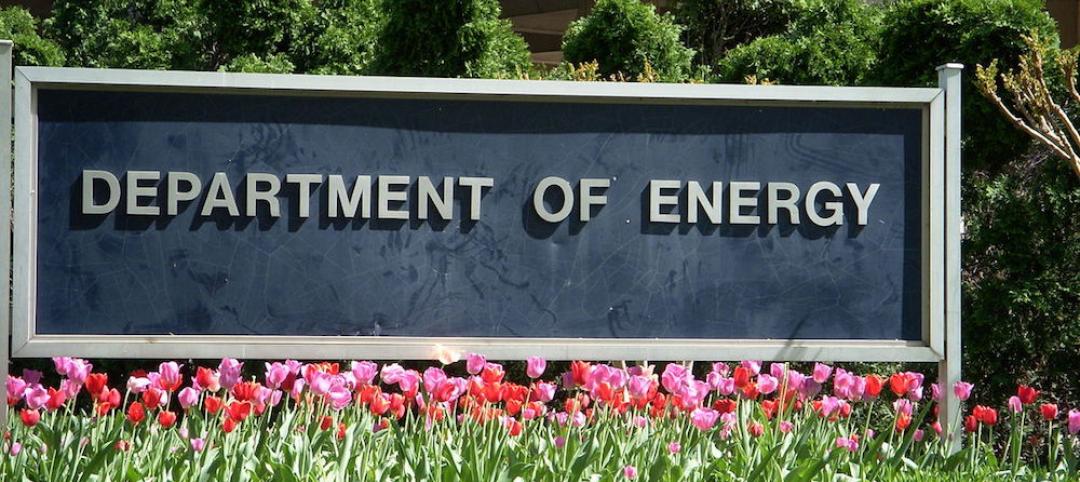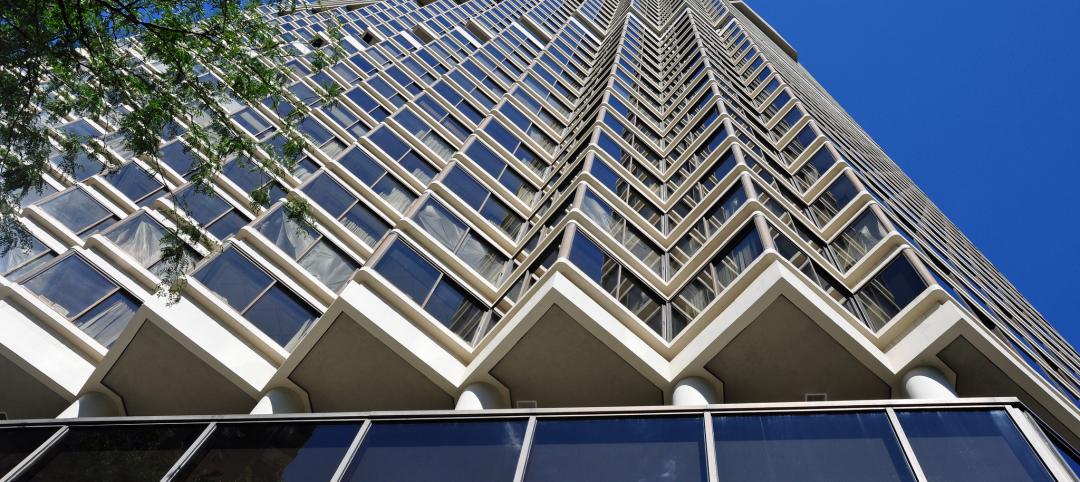A new prerequisite in LEED v4 calls for each project to measure whole building energy use, and then share that data with USGBC. Other key changes in the latest version of LEED include:
• Two new prerequisites for building-level water metering and outdoor water use reduction.
• Demand response credit requires that the demand response system must be capable of being fully automated, but can be operated in a semi-automated way.
• Renewable energy production credit increases the number of points available for renewable energy.
• Advanced energy metering prerequisite requires a permanent metering system that records intervals of one hour or less, and the meter must transmit that data to a remote location.
• Under the new Building Product Disclosure and Optimization credit, LEED v4 awards points for construction projects that use at least 20 building products that have issued Environmental Product Declarations or Health Product Declarations.
(http://www.greentechmedia.com/articles/read/5-energy-changes-to-leed-v.4)
Related Stories
Green | Apr 27, 2016
Top 10 green building projects for 2016
The Exploratorium at Pier 15 in San Francisco and the West Branch of the Berkeley Public Library are two of the projects recognized by AIA COTE as the top green buildings of 2016.
Sports and Recreational Facilities | Apr 17, 2016
An expanded and renovated complex brings together U. of Colorado’s sports programs
This two-year project enhances the experiences of athletes and fans alike.
Building Technology | Apr 11, 2016
A nascent commercial wireless sensor market is poised to ascend in the next decade
Europe and Asia will propel that growth, according to a new report from Navigant.
Multifamily Housing | Mar 10, 2016
Access and energy control app clicks with student housing developers and managers
Ease of installation is one of StratIS’s selling features.
BIM and Information Technology | Mar 2, 2016
Thanks to MIT researchers, Boston now has its very own citywide building energy model
The most detailed model ever for a city this size will help Boston meet its long-term energy use goals.
Energy Efficiency | Feb 23, 2016
Economists, energy efficiency practitioners need to work together for better cost/benefit studies
Flawed energy efficiency research yields misleading, confusing results.
Green | Feb 18, 2016
Best laid plans: Masdar City’s dreams of being the first net-zero city may have disappeared
The $22 billion experiment, to this point, has produced less than stellar results.
Green | Feb 1, 2016
Supreme Court ruling on demand response expected to benefit smart grid
Ruling allows PV owners and other small energy generators to continue to be paid wholesale rates for power they generate.
Codes and Standards | Jan 22, 2016
State Savings Calculator analyzes savings associated with energy codes
The calculator breaks down the cost-effectiveness of energy codes on a state-by-state basis.
Green | Nov 17, 2015
DOE launches new data collaborative to help cities and states boost building efficiency
The SEED Standard will help manage, standardize, share performance data.


